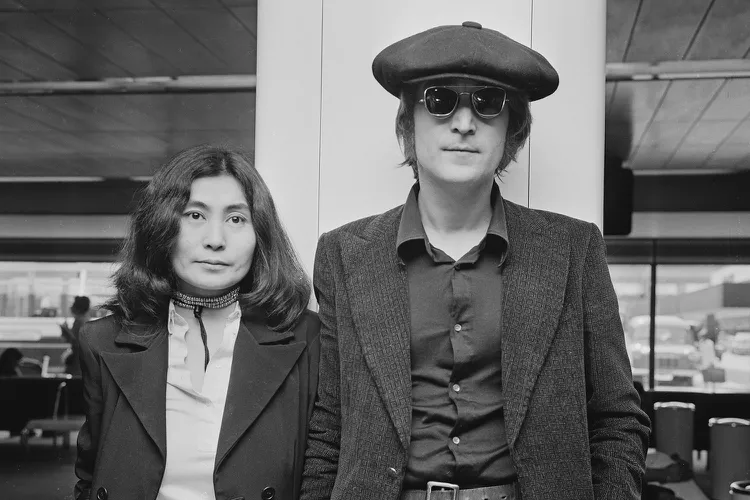New Documentary Revisits Beatles Fans’ Shocking Backlash Toward Yoko Ono: ‘Wished Me Dead’
A new documentary is shedding light on the intense and often vitriolic backlash that Yoko Ono faced from Beatles fans during the height of the band’s popularity. Titled *”Yoko: The Woman Who Broke the Beatles?”*, the film delves into the complex dynamics of Yoko Ono’s relationship with John Lennon and the subsequent fallout from devoted fans who blamed her for the band’s breakup.
The documentary, which features never-before-seen interviews, archival footage, and personal reflections from Ono herself, explores the deep-seated misogyny and racism that fueled the public’s disdain for her. Ono, an avant-garde artist of Japanese descent, was often depicted as the villain in the Beatles’ narrative—a portrayal that the documentary aims to challenge.
**The Origins of the Backlash**
Yoko Ono met John Lennon in 1966, and the two quickly became inseparable. Their relationship coincided with a period of growing tensions within the Beatles, and as Lennon became more involved with Ono, some fans and media outlets began to point fingers at her, suggesting that she was the catalyst for the band’s eventual dissolution.
The documentary reveals that the backlash against Ono was swift and brutal. She was inundated with hate mail, with some fans going as far as to wish her dead. Ono recounts how she received death threats and was subjected to a relentless campaign of harassment. “They didn’t just dislike me,” she says in the film. “They wished me dead.”
**A Deeper Look at the Blame Game**
Through interviews with music historians, fellow artists, and those close to the Beatles, the documentary explores the extent to which Ono was scapegoated for the band’s breakup. It highlights how her presence in the studio, which was seen by many as an intrusion, became a focal point for fan anger.
However, the film also contextualizes the Beatles’ breakup within the broader context of the times. The late 1960s were a period of immense social change, and the Beatles themselves were evolving both musically and personally. The documentary argues that the band’s breakup was inevitable due to these factors, and that blaming Ono was a simplistic and unfair narrative.
**Yoko Ono’s Resilience and Legacy**
Despite the intense scrutiny and hostility, Yoko Ono has endured and thrived as an artist in her own right. The documentary highlights her contributions to the art world, including her pioneering work in conceptual art and her influence on the counterculture movement of the 1960s and 70s.
In one poignant moment, Ono reflects on how the backlash shaped her life and career. “I was always the outsider,” she says. “But I never let it stop me from creating.”
The film also touches on the reconciliation between Ono and Beatles fans over the years. As time has passed, many have come to appreciate her role in John’s life and her contributions to his music. The documentary ends on a hopeful note, suggesting that Ono’s story is one of resilience and artistic integrity in the face of overwhelming adversity.
*”Yoko: The Woman Who Broke the Beatles?”* is set to premiere later this year, offering a new perspective on one of the most controversial figures in rock history. For many, it will be an eye-opening exploration of how gender and race intersected with fame, and how Yoko Ono, despite the odds, carved out her own legacy.

Leave a Reply